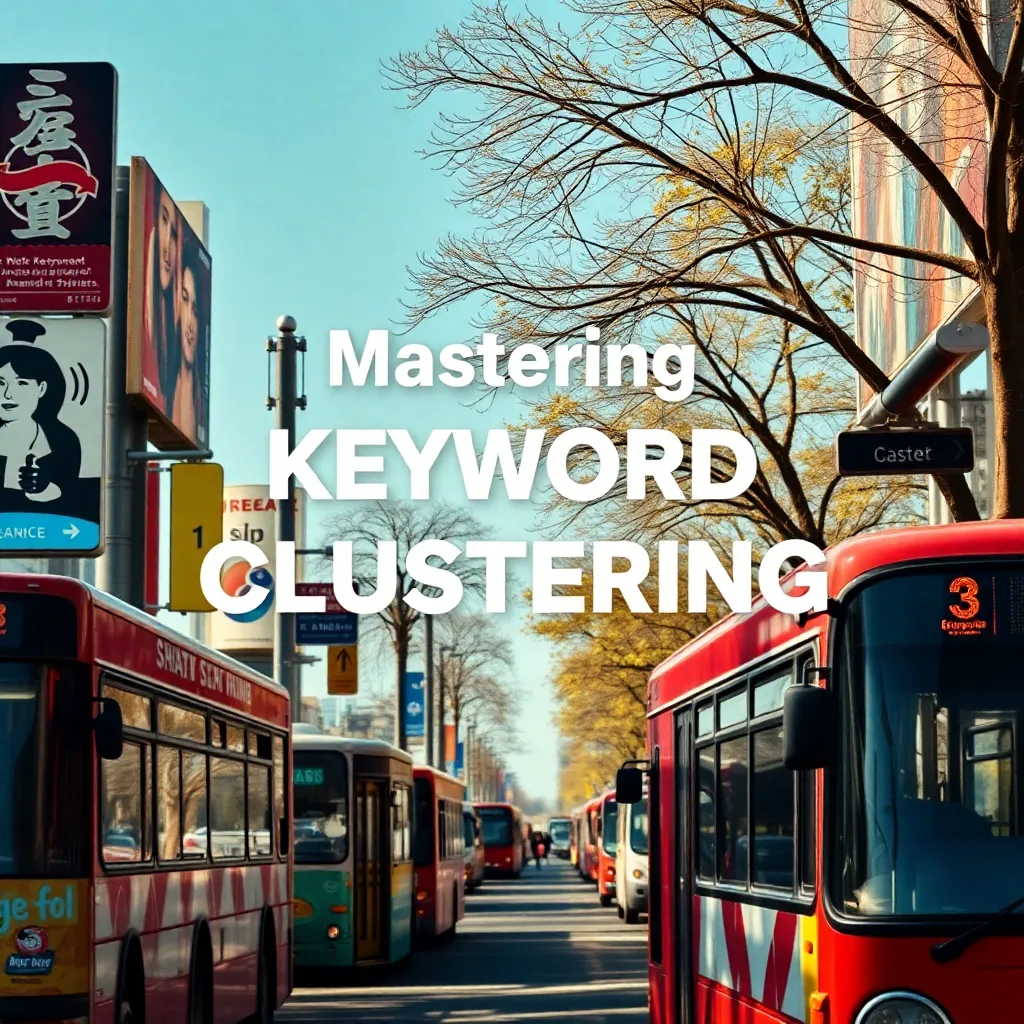Mastering Keyword Clustering: Boost SEO & Content Strategy
Keyword clustering is a fundamental SEO strategy involving the systematic grouping of keywords based on their underlying search intent. This process moves beyond individual keyword targeting, instead organizing related queries into thematic clusters, enabling a more holistic approach to content development. The primary benefit lies in its ability to build topical authority, signaling to search engines that a website comprehensively covers a subject. By identifying groups of keywords with similar user needs, businesses can create in-depth, authoritative content that addresses all facets of a particular topic, rather than producing fragmented articles for each keyword. This reduces keyword cannibalization, where multiple pages compete for the same search terms, and improves internal linking structures, enhancing overall site navigation and user experience.
Moreover, clustering optimizes content strategy by revealing gaps in existing content and streamlining content creation efforts. Instead of chasing individual long-tail keywords, teams can focus on developing robust content pieces that satisfy a broader range of related queries. For instance, keywords like “best running shoes for flat feet,” “running shoes for pronation,” and “supportive running shoes” would cluster under a broader “Running Shoes for Foot Support” topic, allowing for a single, comprehensive guide.
However, the process isn't without its risks. Incorrectly identifying search intent can lead to miscategorized clusters, resulting in irrelevant or poorly optimized content. Over-clustering (making groups too broad) or under-clustering (making groups too narrow) can dilute content effectiveness or lead to unnecessary content proliferation. It also requires a deep understanding of user behavior and often involves significant data analysis, potentially being time-consuming. Regular review is crucial as search intent and trends evolve. Despite these challenges, when executed correctly, keyword clustering significantly boosts SEO performance by creating a more structured, user-centric, and search-engine-friendly content architecture.









